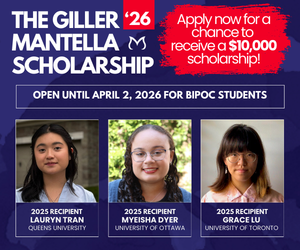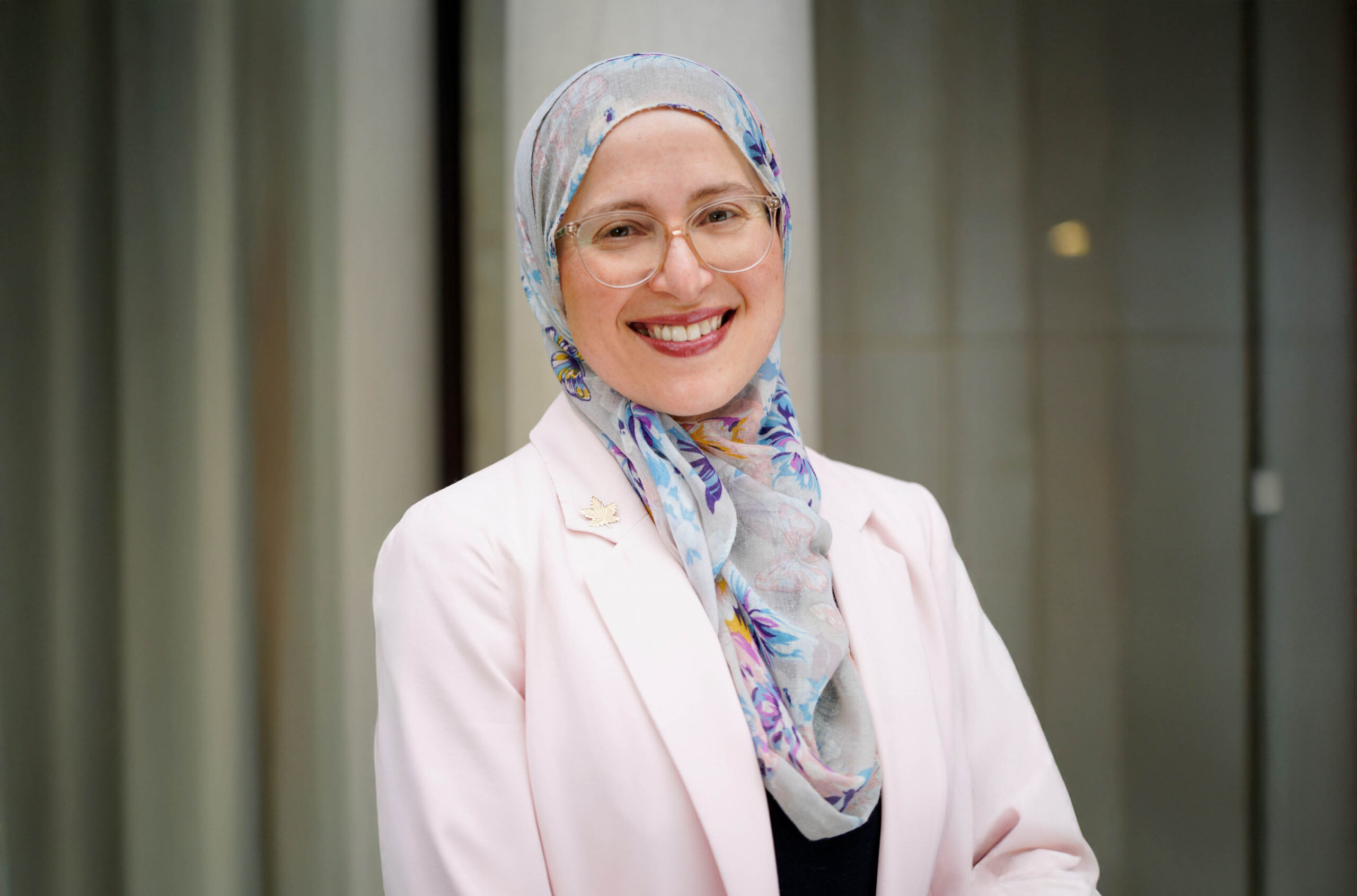Bishop’s graduate student presents thesis as a dark comedy
Escape Room imagines the death of a patriarch seeking a medically assisted death.

Watching a parent approach death can be one of the most profoundly devastating and emotional experiences that life brings. But what if that parent simply isn’t a good person?
It’s a complex question that Bishop’s graduate student Benjamin Tabah is exploring through theatre. The small, English-language liberal arts institution nestled in Quebec’s Eastern townships offers an individualized master of arts degree that allows students to tailor their studies to a specific research goal and explore topics outside of traditional disciplines. Mr. Tabah, who works in communications at the university, said the program provided an opportunity to explore two themes that have long fascinated him: death and dying.
Mr. Tabah, who earned a BFA in acting at York University two decades ago, said that he was partially inspired by “that mid-life moment” when one starts to lose people they don’t expect to lose – aunts and uncles, family friends – and begin caring for elderly parents.
“It rocks your world a little bit, facing death, this grief, processing grief, things that we get a sense of when we’re young and we lose a couple of grandparents or something,” he said.
Another inspiration, what could be described as a bit of an obsession, was the introduction of medical assistance in dying (MAID) in Canada. MAID allows someone who is legally eligible, under very specific circumstances, to receive assistance from a medical practitioner in ending their life.
“I follow the stories – the people who are asking for MAID to be moving more quickly – people who have horrible conditions and are really uncomfortable,” said Mr. Tabah. “I find it incredibly brave and terrifying to commit to your own death and to be very conscious when it happens – I find that just fascinating.”
MAiD has seen a significant increase in Canada since it first became legal in 2016. In 2023, 15,343 Canadians chose to die, representing nearly 5 per cent of deaths nationally.
“People can now surround themselves with family and choose to die, present in a secular society,” says Mr. Tabah. “And what does that mean for us now? After we’ve been so removed from the experience of death?”
Through multidisciplinary courses in playwriting, philosophy and the psychology of dying, Mr. Tabah pursued these questions in a thesis that he presented as a stage play. Escape Room tells the story of an ailing patriarch who has chosen to die in front of his family – and the complicated family and sibling dynamics that reveal themselves when approaching that final moment of life. Mr. Tabah wrote the play as a dark comedy to prompt deeper reflection, as the audience might find themselves laughing at something where they ought to be crying, he says.
Escape Room further explores the concept of ritual after death. “The play is essentially these siblings coming together, and what did they do for an hour or two before this person dies? Part of it is trying to figure that out. What is the ritual around death? If none exists, we create new rituals. What do those look like?
At a stage reading last winter, Mr. Tabah hired actors to orate the play in front of about 30 to 40 people, which allowed him to hear reactions, receive feedback and listen to his character voices out loud. “I think people were surprised. I think they were disturbed. I think they were touched,” he says.
Featured Jobs
- Human Rights - Assistant Professor (Expertise in Peace & Conflict Studies, Socioeconomic Rights and/or Indigenous Rights)University of Winnipeg
- Human Rights - Assistant Professor (Expertise in Human Rights related to Artificial Intelligence and Digital Security)University of Winnipeg
- Director of the McGill University Division of Orthopedic Surgery and Director of the Division of Orthopedic Surgery, McGill University Health Centre (MUHC) McGill University
- Soil Physics - Assistant ProfessorUniversity of Saskatchewan
- Engineering - Assistant Professor, Teaching-Focused (Surface and Underground Mining)Queen's University









Post a comment
University Affairs moderates all comments according to the following guidelines. If approved, comments generally appear within one business day. We may republish particularly insightful remarks in our print edition or elsewhere.